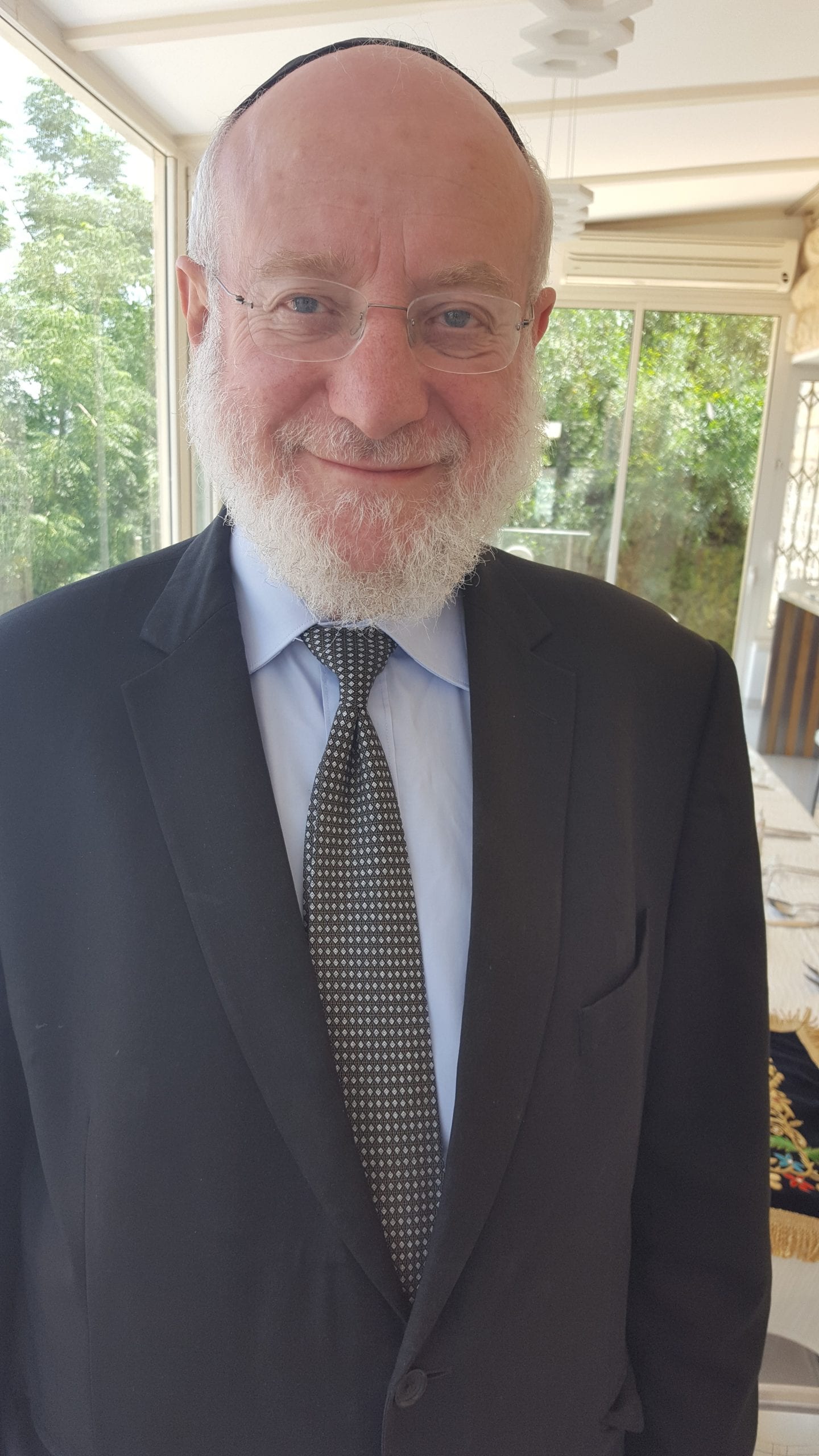
Why does Yaacov belittle himself by referring in ch. 32 V.5 to Esov as his master and to himself as Esov’s servant when he was not even speaking to Esov nor was he in his presence of anywhere near within earshot and were there any subsequent consequences resulting from this?
Ibn Ezro explains that Yaacov made his men call Esov his master to ensure that they realised he did indeed consider Esov to be such and they would subsequently address him in a befitting manner. The only way to prevent bad language in public is to make sure you do not use it in private. Otherwise it has a nasty habit of slipping out inadvertently. Similarly when preparing Kerias HaTorah one should say the Shem properly for this reason (quite apart from the other reasons for doing so). Yaacov therefore wanted to ensure that they would all treat Esov with the respect which he wanted to afford him. The only way of making sure of this, was to do so throughout. Similarly, children cannot be expected to show proper respect to Rabbonim, teachers, parents etc unless they see such respect shown by their own teachers and parents at all times even in private.
Ramban in his alternative explanation explains similarly Yaacov was warning them not to mention Esov disrespectfully even outside his presence. They would learn this lesson by example from Yaacov. He says that Yaacov’s reason for doing this was out of fear and for the purpose of removing the hatred from Esov’s heart. It was necessary for this purpose for Yaacov to demean himself in this manner since it was customary for a younger brother to bestow great honour to the first born in similar manner to one’s father, as we find that the Torah tells us that ‘Vov le-Rabos Ochicho HaGodol’ – The older brother must be honoured, derived from the extra vov in the fifth commandment. Yaacov wishes to prove to Esov that notwithstanding the sale of the birthright, he was not yet laying any claim to it.
Netsiz in Haamek Dovor follows this view and adds Yaacov had to be cautious even in his own camp, so that no report should leak out to Esov of any disrespectful attitude towards him. Some Midrashim however criticise Yaacov for calling Esov his master and as he did so on eight occasions there would be eight kings from Esov (mentioned at the end of the sidro), and for calling himself Esov’s servant five times there were subsequently five wards with his sons.
Taking this idea of the medrash of Yaacov’s five-fold mention of Avdecho, we find that Yehudoh called his father Avdecho 5 times when talking to Yoseph in Mitzrayim.
Not all the medroshim agree however that Yaacov’s action in calling Esov ‘Odon’ or himself ‘Eved’ was necessarily wrong. On the contrary, there are other midroshim which compliment him for his humility. Thus the Zohar quoted by the Call of the Torah emphasises his sincerity throughout so too Ramban in his first explanation, Baal HaTurein, Rabbenu Bachye and Redak explain that Yaacov was only mistrusting his men in how they were to address Esov when they were in his presence for one must show respect for Royalty.
When Yaacov said Kotonti in V II it is teaching us a lesson in humility. This Vilna Gaon in Kol Eliyohu is the eighth of the eighth sidro and alludes to the concept that a Talmid Chochom needs to retain an eighth of an eighth of price (Setah 5a). So Yaacov conducted himself in the appropriate manner.







